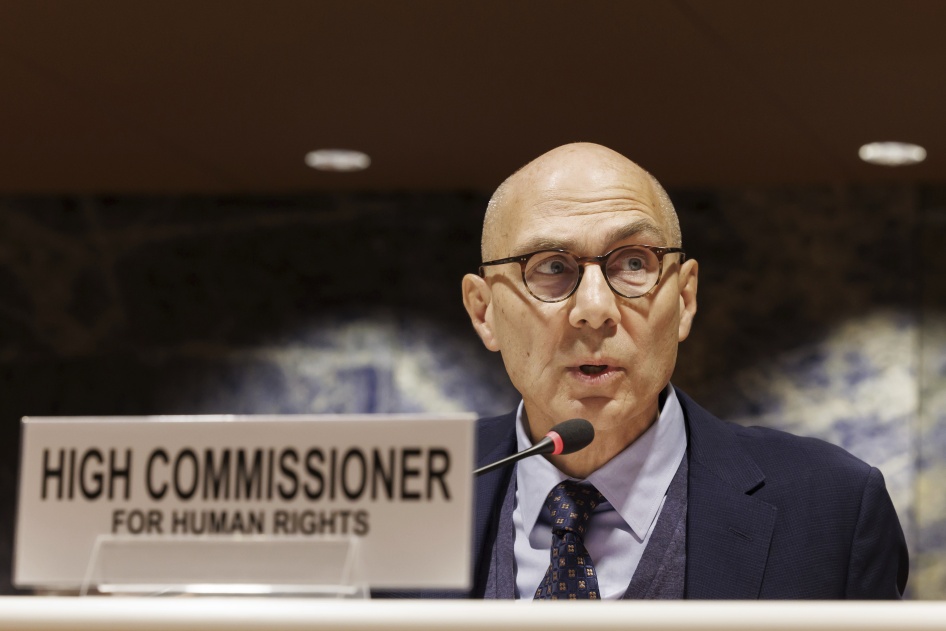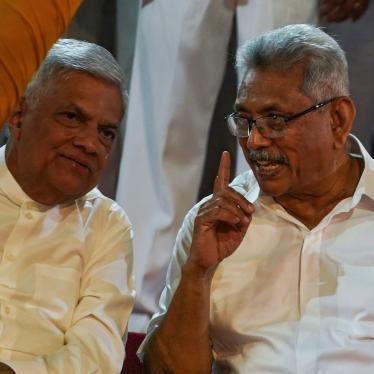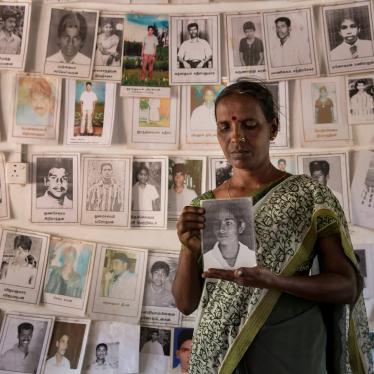The United Nations High Commissioner for Human Rights, Volker Türk, has delivered a grim assessment of Sri Lanka’s multifaceted human rights crisis.
On Friday, he reminded the UN Human Rights Council in Geneva that in 2022, “tens of thousands of Sri Lankans took to the streets demanding deep democratic reforms and accountability for economic mismanagement and corruption.” Instead of fulfilling hopes for “a long overdue transformation,” he said the government has adopted or proposed “laws with potentially far-reaching impact on fundamental rights and freedoms, the rule of law and democratic governance.”
While millions have been reduced to poverty by economic mismanagement, the government has cracked down on dissent and blocked accountability for serious abuses. To stifle further protests, the government has enacted or pursued a raft of laws that will severely curtail civil liberties, including the Online Safety Act, the Anti-Terrorism Bill, the Electronic Media Broadcasting Authority Bill, and the Non-Governmental Organization Supervision and Registration Bill. Türk warned that these policies “grant broad powers to the security forces, and severely restrict rights to freedom of assembly, association and expression, impacting not only on civic space but the business environment.”
Fifteen years since the end of Sri Lanka’s civil war, the government has blocked accountability for grave rights violations, while families of those who “disappeared” during the conflict face security force surveillance, intimidation, arrests and violence. Although the government claims to be pursuing a “truth and reconciliation” process, Türk said “the environment for a credible truth-seeking process remains absent.”
While Türk credited the government with taking “important steps to stabilize the economy,” the poverty rate has increased to 27.9 percent and nearly two-thirds of households are now worse off than before the crisis.
UN engagement on Sri Lanka, through a series of Human Rights Council resolutions, has been crucial for maintaining international scrutiny and keeping hopes for justice alive. The “core group” of countries that have led these resolutions this week expressed concern about the “legislative developments regarding human rights, reconciliation and civic space.”
Türk said that international financial institutions and creditors should give Sri Lanka fiscal space to protect social and economic rights. But with little hope that Sri Lanka will ever provide justice for serious past abuses, UN member states should use evidence gathered by the UN to bring cases in their own courts.








